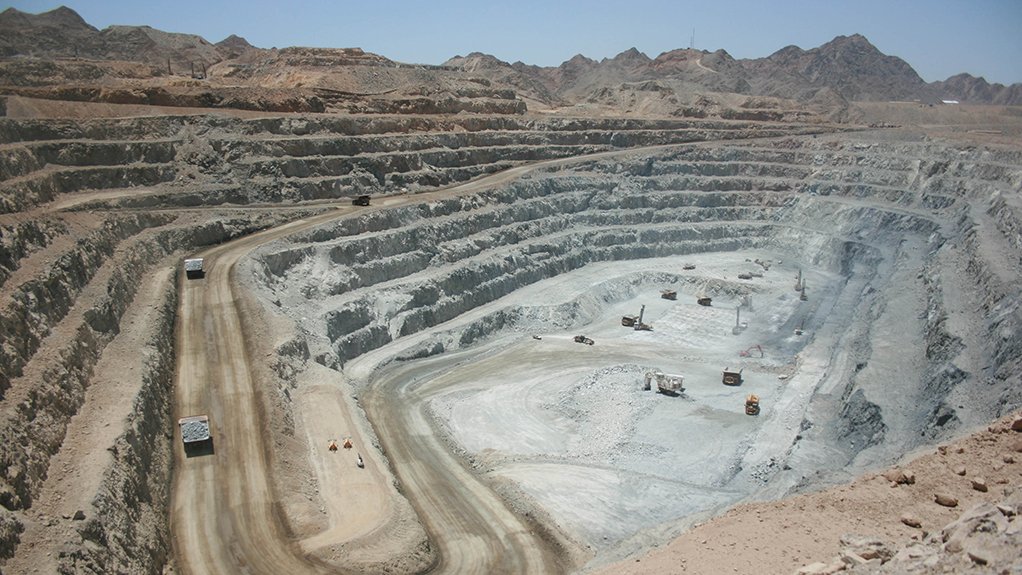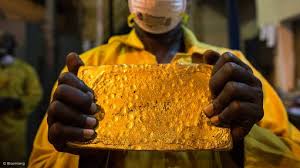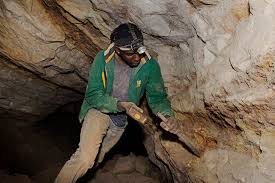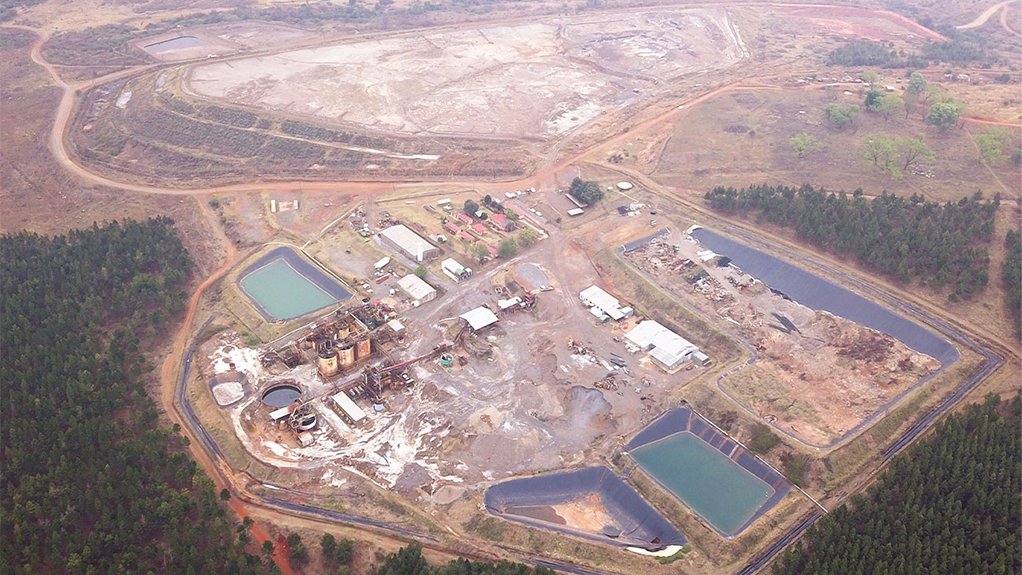Precious Metals

Barrick Mining removes Mali gold complex from 2025 output forecast, sources say
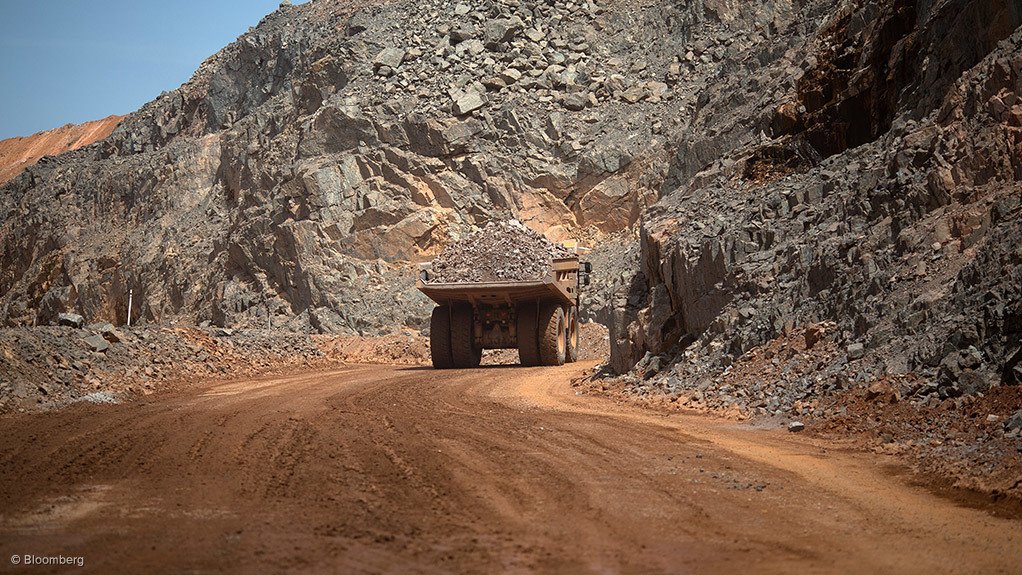
Operations at the Loulo-Gounkoto gold complex, one of the Canadian miner's largest gold assets in Africa, have been suspended since January after the military-led government blocked gold exports by the world's third-largest miner of the precious metal, detained staff and seized three metric tons of stock during separate negotiations over a new mining contract with Barrick.
At stake for both sides is the opportunity to realize revenues worth at least $1-billion this year due to record high gold prices. Mali risks repelling potential investors, while Barrick shares have lagged those of its peers.
The sources spoke on condition of anonymity as they were not authorized to speak publicly.
Spokespersons for Barrick did not immediately respond to a request for comment, nor did a spokesperson for Mali's Mines Ministry.
Barrick has not made its Mali output forecast public, but Morningstar analysts had predicted Mali would contribute around 250 000 oz in 2025.
Mali's government, a shareholder in the complex, asked a domestic court in May to appoint a provisional administrator to reopen the complex, which would effectively see Barrick lose control over the mines that accounted for 14% of its total output, according to Jefferies.
A court hearing on the matter is scheduled for Thursday.
Negotiations are ongoing in parallel with the court case. In a significant concession, Mali has agreed to allow Barrick to repatriate 20% of its earnings into an international bank account, an exception that was not made for any other foreign miners who recently renegotiated contracts with the state, two people familiar with the matter said.
However, one remaining point of contention between Barrick and Mali is that authorities would like all future disputes to be handled in domestic courts. Barrick said any new mining contract should be covered under an international treaty and, in case of future disputes, be settled through international arbitration, according to one of the people and another source familiar with the matter.
While strong gold prices have supported Barrick's global revenue, the threat of a provisional administration worries investors, one of the sources said, noting that even if the miner later regains control of the complex, it could be left with depleted gold reserves.
In December, Barrick launched international arbitration proceedings against Mali. In May, it asked the World Bank's arbitration court to halt court proceedings in Bamako over provisional administration. According to two people aware of the development, the tribunal rejected that request.
The president of the arbitration tribunal for the case declined to comment.
In the first nine months of 2024, production in Mali contributed $949-million to Barrick's revenue. Jefferies, in an analyst report last December, estimated that if the Mali complex remains idle, Barrick would lose 11% of its expected 2025 earnings before interest, taxes, depreciation, and amortisation.
Mali is Africa's third-largest gold-producing country.
Malian authorities, which seized power in coups in 2020 and 2021, say their current agreement with Barrick is unfair.
The State has negotiated new agreements with other multinational miners. The chief executive of Australian miner Resolute was detained for more than a week amid negotiations last year.





